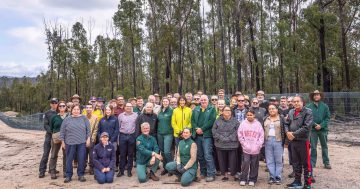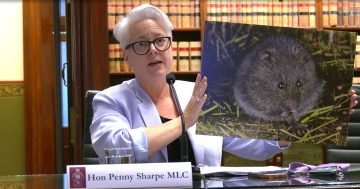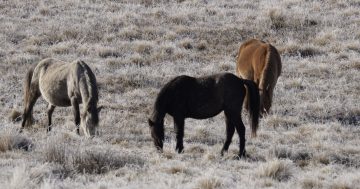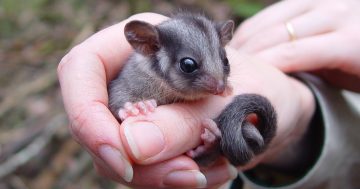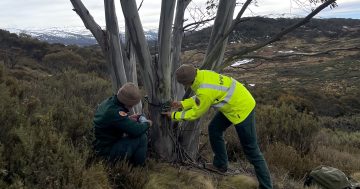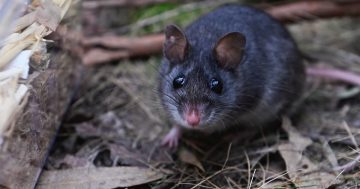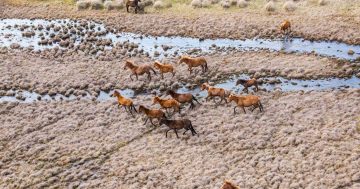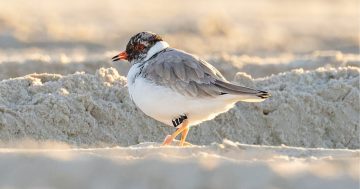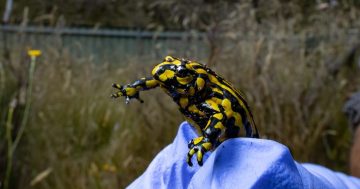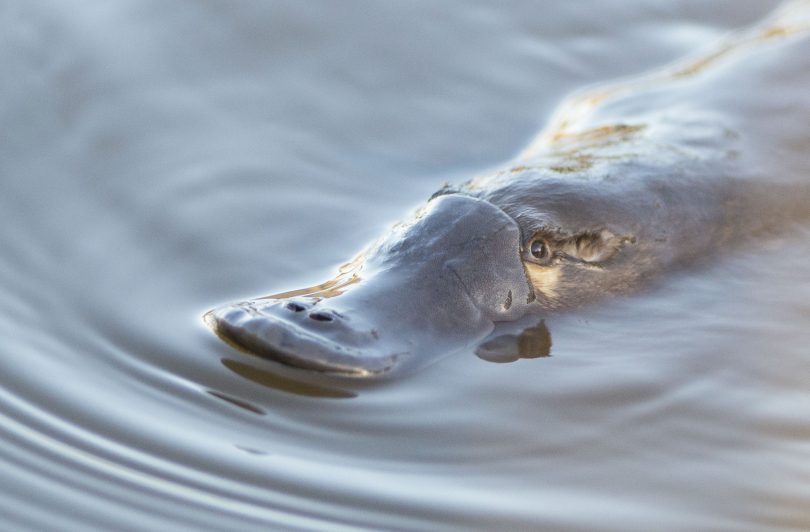
Those who love the platypus are invited to participate in a research project this September. Photo: Supplied.
Today (7 September) is National Threatened Species Day, which is about raising awareness of animals and plants at risk of extinction, including those in South East NSW.
Australia is home to many species found nowhere else in the world, but many of them are at risk of disappearing forever.
There are 227 threatened plants and animals in the Bega Valley alone, but steps are being taken to protect them, and Bega Valley Shire Council is highlighting the work to save them due to this special day.
Council said one of Australia’s most unique and iconic species is the platypus, but their numbers are in decline and they are at risk of localised extinction.
This month, the Australian Conservation Foundation and researchers from the University of NSW are running the platy-project to record and map platypus habitat across the country.
To participate, those in the Bega Valley can head to a local creek or river to try to spot a platypus and record what they see, or don’t see.
Council said by recording where platypuses live we can understand more about this incredible species and help prevent a further decline in their numbers.
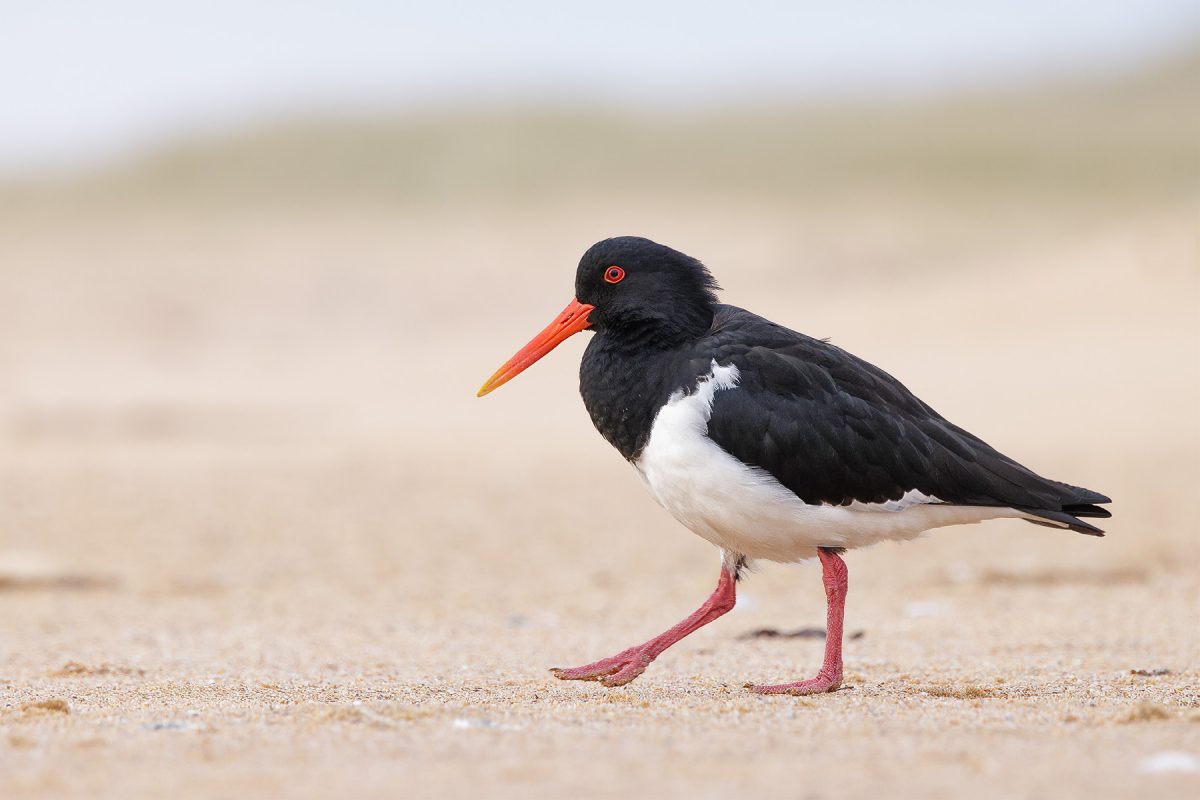
A pied oystercatcher spotted at Lake Wollumboola, near Nowra. Photo: Leo Berzins.
Platypuses aren’t the only animals at risk. Shorebirds – such as hooded plovers, pied oystercatchers and little terns – are endangered and need protection from August to March when they are nesting on the shire’s beaches, estuaries, sand spits and rocky headlands.
Some actions people can take to protect the shorebirds include:
- Paying attention to signs at beaches alerting them to the presence of threatened shorebirds;
- Paying attention to dog control zones and leashing their dogs if they are near shorebirds; and
- Walking on wet sand as shorebirds make their nests in dry sand above the high-tide line and in dunes.
The long-nosed potoroo is another endangered species, which lives around Tura Beach, Mimosa Rocks National Park, Bermagui and Wallaga Lake.
Over the past decade, council has worked with National Parks and Wildlife Service and Local Land Services to map the distribution of potoroos using strategically-stationed camera traps and implemented management programs to prevent further declines.
Every sighting of a potoroo will improve researchers’ understanding and management of this species. If residents see a potoroo, they are encouraged to try to get a photograph and record it on the iNaturalist app.
Steps people can take to protect the potoroo include:
- Keeping dogs under control at all times as well as keeping cats indoors overnight and at dusk and dawn; and
- Driving carefully at dusk and night-time.
Over the past 200 years, more than 100 species have become extinct across the country, according to the NSW Government. Close to 1000 animals and plants are at risk of extinction just in NSW.
One of those to become extinct was the Tasmanian tiger – and National Threatened Species Day also marks the anniversary of the loss of this iconic animal.
The last known thylacine was named “Benjamin” and died from exposure in a Hobart zoo on 7 September 1936, just two months after the species was granted protected status, according to the National Museum.
About 5000 of them lived in Tasmania at the start of European colonisation in the 1800s, but hunting, habitat destruction and introduced disease contributed to their rapid extinction.






